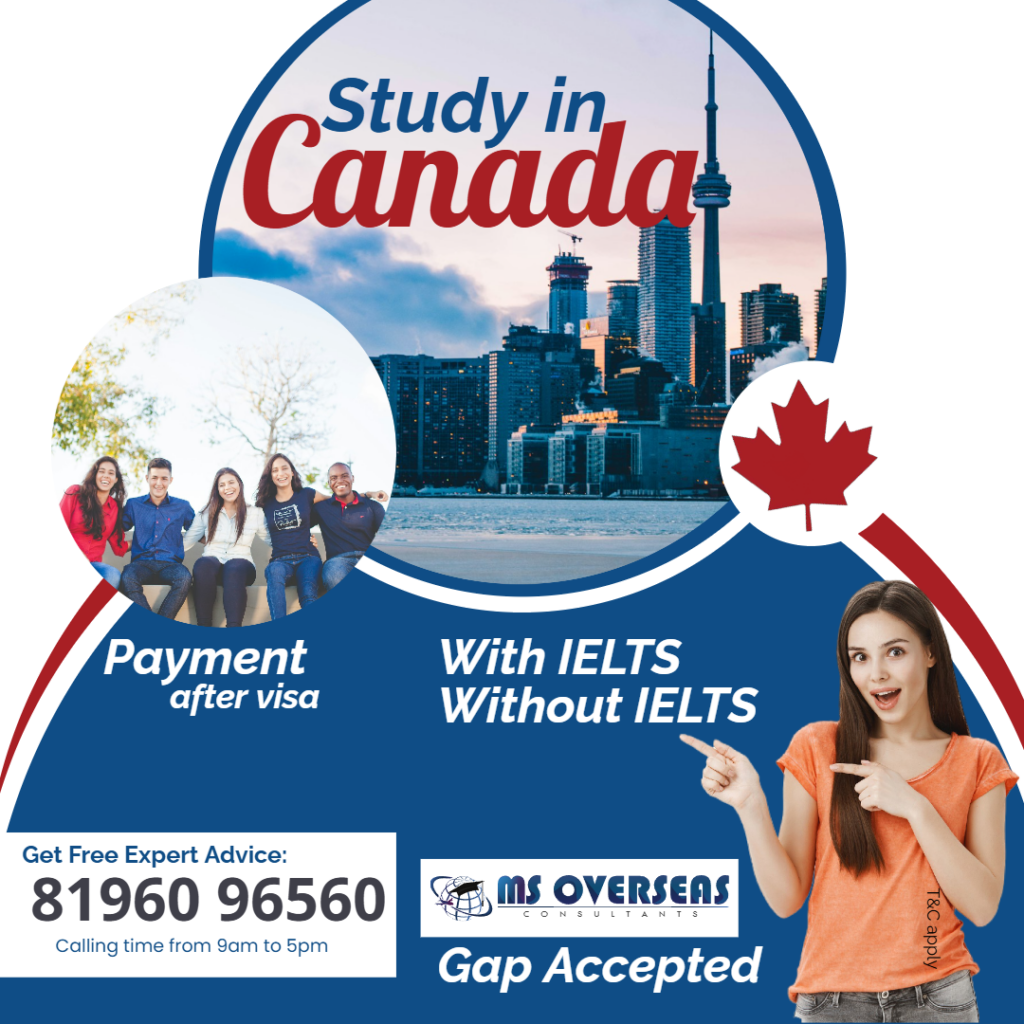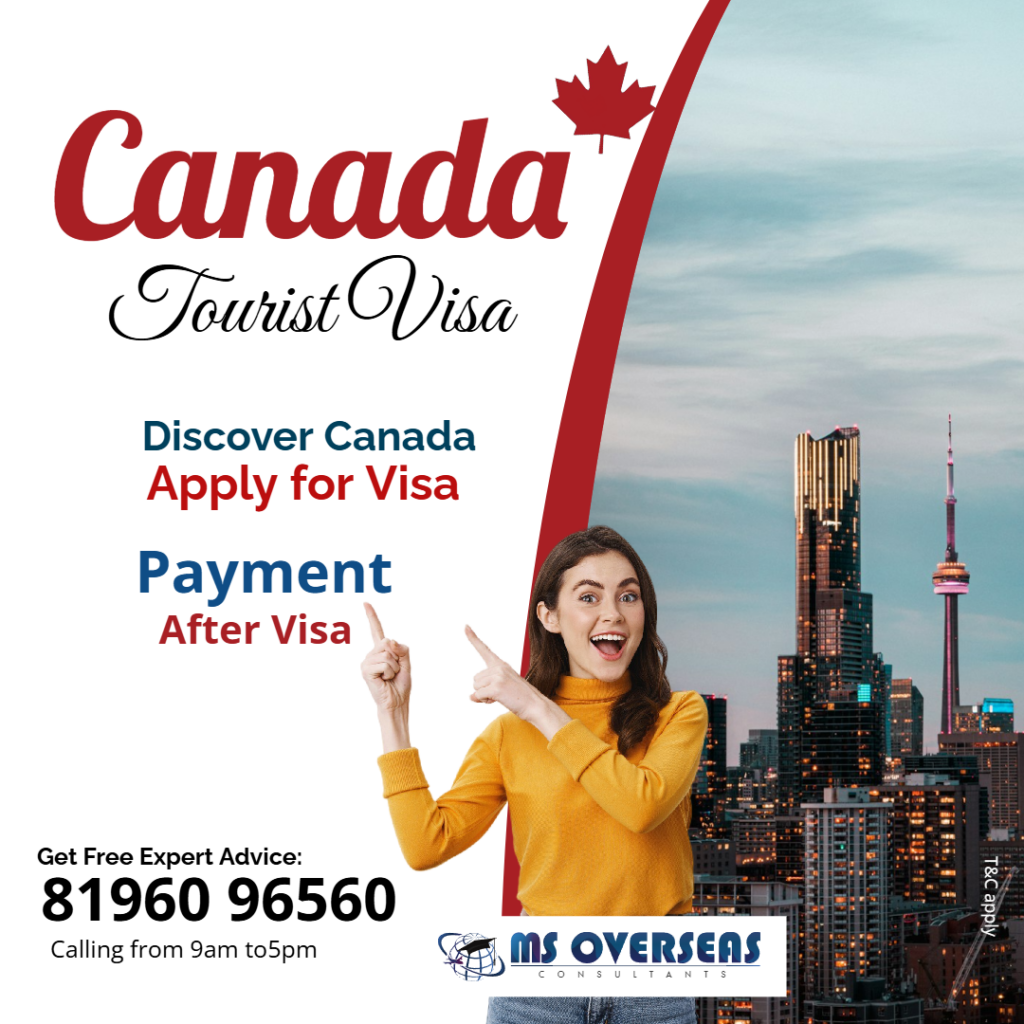Securing a student visa is a critical step for any aspiring international student. While submitting the necessary documents and filling out application forms are important parts of the process, many students overlook the significance of the visa interview. The interview is often the final hurdle in the visa application process, and how well you prepare for it can significantly impact the outcome. This guide provides a detailed overview of the interview preparation process for student visas, offering practical tips, strategies, and insights to help you succeed. Interview Preparation
Understanding the Purpose of the Visa Interview
The visa interview is an opportunity for the consular officer to assess your eligibility for a student visa. The officer’s primary concerns are ensuring that you are a genuine student, that you have the financial means to support yourself during your studies, and that you intend to return to your home country after completing your education. Understanding the goals of the interview will help you prepare more effectively. Interview Preparation
Key objectives of the visa interview include:

Verification of Information:
- The consular officer will verify the accuracy of the information provided in your visa application, including your academic background, financial status, and the details of your study program. Interview Preparation
Assessment of Intentions:
- The officer will assess whether you genuinely intend to study in the host country and whether you have strong ties to your home country that will encourage you to return after your studies. Interview Preparation
Evaluation of Financial Stability:
- The officer will ensure that you have sufficient financial resources to cover tuition fees, living expenses, and other costs during your stay in the host country. Interview Preparation
Language Proficiency:
- For non-native speakers, the officer may assess your proficiency in the language of instruction to ensure that you can successfully complete your studies.
Genuineness of Purpose:
- The officer will determine whether your primary purpose for traveling to the host country is to study, as opposed to working or immigrating permanently.
Step 1: Reviewing Your Application and Supporting Documents
One of the first steps in preparing for the visa interview is to thoroughly review your application and the supporting documents you submitted. The consular officer will base their questions on the information provided in these documents, so it’s crucial that you are familiar with every detail.
Here’s what to focus on:
Application Form:
Review the answers you provided on your visa application form (such as the DS-160 for U.S. visas). Ensure that you can explain any choices or information you provided.
Admission Letter:
Be familiar with the details of your admission letter, including the name of the institution, the program of study, the start and end dates, and any special conditions.
Academic Records:
Review your academic transcripts, diplomas, and standardized test scores (e.g., TOEFL, IELTS, SAT) to be prepared to discuss your academic background.
Financial Documents:
Understand the details of your financial support documents, including bank statements, sponsorship letters, and scholarship awards. Be ready to explain how you plan to finance your education and living expenses.
Statement of Purpose:
If you submitted a statement of purpose or personal statement as part of your application, review it carefully. Be prepared to discuss your academic and career goals in detail.
Step 2: Researching the Host Country and Institution
A key part of your preparation involves researching the host country and the educational institution where you plan to study. The consular officer may ask questions about why you chose this particular country and institution, as well as what you know about the local culture and educational system.
Here’s how to prepare:
Understand the Country’s Educational System:
Research the educational system of the host country, including the structure of your chosen program, grading systems, and any unique academic requirements.
Familiarize Yourself with the Institution:
Learn about the history, reputation, and academic offerings of the institution where you will study. Know the names of key departments or faculty members relevant to your program.
Cultural Awareness:
Gain a basic understanding of the culture, customs, and traditions of the host country. This shows that you are prepared for the cultural adjustment and demonstrates your seriousness about studying there.
Current Events:
Stay informed about current events in the host country, as the consular officer may inquire about your awareness of the local situation.
Step 3: Anticipating Common Interview Questions
While every visa interview is unique, there are several common questions that consular officers tend to ask. Anticipating these questions and preparing thoughtful, honest answers can greatly enhance your confidence and performance during the interview.
Common interview questions include:
Why did you choose this particular country for your studies?
- Be ready to explain why you selected the host country over other options. You might discuss the quality of education, the reputation of the institution, or specific academic opportunities available there.
Why did you choose this specific institution?
- Highlight the strengths of the institution, such as its academic reputation, faculty expertise, or specific programs that align with your career goals.
What is your intended major or field of study, and why?
- Explain your interest in your chosen field of study, how it aligns with your career aspirations, and why this program is the best fit for your academic goals.
How do you plan to finance your education and living expenses?
- Provide a clear breakdown of your financial plan, including personal savings, family support, scholarships, or loans. Be prepared to show that you have sufficient funds to cover your stay.
Do you have any relatives or friends in the host country?
- If you have relatives or friends in the host country, be honest about their presence and clarify your relationship with them. However, emphasize that your primary purpose for traveling is to study.
What are your plans after completing your studies?
- The officer will want to know if you intend to return to your home country after your studies. Discuss your long-term career goals and how they connect to opportunities in your home country.
How will this degree benefit your career?
- Explain how the degree you are pursuing will enhance your career prospects, citing specific skills or knowledge you will gain and how these will be applicable in your home country.
Have you been to the host country before?
- If you have traveled to the host country before, mention the purpose of your previous visits and how they relate to your current study plans.
Why are you not pursuing this program in your home country?
- Discuss the unique opportunities or resources available in the host country that are not available in your home country, such as specialized programs, research facilities, or faculty expertise.
Step 4: Practicing Your Responses
Practicing your responses to potential interview questions is crucial for building confidence and ensuring that you can articulate your thoughts clearly during the actual interview. Consider conducting mock interviews with a friend, family member, or mentor who can provide feedback on your performance.
Here’s how to practice effectively:
Simulate the Interview Environment:
Conduct mock interviews in an environment similar to the actual interview setting, such as a quiet room with minimal distractions.
Record Yourself:
Record your responses during practice sessions. Reviewing the recordings can help you identify areas for improvement, such as unclear answers, filler words, or nervous habits.
Focus on Clarity and Brevity:
Aim to answer questions clearly and concisely. Avoid long-winded explanations or going off-topic. Stick to the main points that directly address the question.
Maintain Eye Contact and Positive Body Language:
Practice maintaining eye contact, sitting up straight, and using positive body language. These non-verbal cues contribute to a strong and confident impression.
Prepare for Follow-Up Questions:
Be ready for follow-up questions that probe deeper into your initial answers. Practice expanding on your responses without sounding rehearsed.

Step 5: Gathering Required Documents for the Interview
In addition to your verbal responses, the documents you bring to the interview are critical. Having all the necessary documents organized and readily available demonstrates your preparedness and seriousness.
Here’s a checklist of documents to bring to the interview:
Passport:
- Ensure your passport is valid for at least six months beyond your intended stay. Bring the original passport along with a copy.
Visa Application Form Confirmation:
- Bring the confirmation page of your completed visa application form, such as the DS-160 confirmation for U.S. visas.
Photographs:
- Bring passport-sized photographs that meet the specific requirements of the host country’s embassy or consulate.
Admission Letter:
- Bring the original and a copy of your admission letter or certificate of enrollment from the educational institution.
SEVIS Fee Receipt (for U.S. visas):
- If applying for a U.S. student visa, bring the receipt confirming payment of the SEVIS (Student and Exchange Visitor Information System) fee.
Financial Documents:
- Bring original financial documents, such as bank statements, sponsorship letters, scholarship awards, or loan documents, that prove your ability to finance your studies.
Academic Records:
- Bring copies of your academic transcripts, diplomas, and standardized test scores, along with the originals for verification.
Language Proficiency Test Scores:
- If applicable, bring your TOEFL, IELTS, or other language proficiency test scores.
Visa Appointment Confirmation:
- Bring the confirmation of your visa interview appointment, which may include the appointment letter or email.
Statement of Purpose or Personal Statement:
- If you submitted a statement of purpose or personal statement with your application, bring a copy for reference.
Health Insurance (if required):
- If the host country requires proof of health insurance, bring the relevant documents.
Any Additional Documents Requested:
- Bring any other documents specifically requested by the embassy or consulate, such as proof of ties to your home country, work experience letters, or marriage certificates.
Step 6: Preparing for the Interview Day
The day of the interview can be stressful, but careful preparation can help you stay calm and focused. Here are some tips to ensure a smooth interview experience:
Dress Appropriately:
- Dress in professional or business attire. Your appearance should reflect the seriousness of the occasion and convey respect for the process.
Arrive Early:
Plan to arrive at the embassy or consulate well before your scheduled interview time. Factor in time for security checks and any unexpected delays.
Bring All Necessary Documents:
Double-check that you have all the required documents neatly organized in a folder. Missing documents can delay or jeopardize your visa application.
Stay Calm and Confident:
Take deep breaths and stay composed. Remember that the consular officer is simply trying to verify your eligibility, not to trick or intimidate you.
Listen Carefully:
Pay close attention to the officer’s questions. If you don’t understand a question, politely ask for clarification before answering.
Answer Honestly:
Always be truthful in your responses. Misrepresenting information can lead to visa denial and potential future issues with immigration authorities.
Be Concise:
Provide clear, concise answers. Avoid rambling or offering unnecessary details.
Step 7: Handling Difficult Questions
Despite thorough preparation, you may encounter challenging questions during the interview. It’s important to handle these questions calmly and confidently.
Here’s how to deal with difficult questions:
Pause and Reflect:
- If a question catches you off guard, take a moment to think before responding. It’s better to pause briefly than to give a rushed or poorly considered answer.
Stay Positive:
Maintain a positive tone, even if the question is challenging. Avoid showing frustration or defensiveness.
Clarify if Necessary:
If you don’t fully understand a question, ask the officer to clarify or rephrase it.
Stick to the Facts:
Base your answers on facts and the information in your documents. Avoid speculation or providing hypothetical answers.
Step 8: Post-Interview Actions
After the interview, the consular officer will inform you of the outcome. In some cases, you may be approved on the spot, while in others, the officer may need more time to review your application.
Here’s what to do after the interview:
Follow Up:
If additional documents or information are requested, provide them promptly.
Track Your Application:
Many embassies provide online tracking for visa applications. Use this service to monitor the status of your application.
Prepare for Next Steps:
If your visa is approved, prepare for your departure by finalizing travel arrangements, securing accommodation, and preparing for your studies. Interview Preparation
Stay Informed:
Keep yourself updated on any further instructions or notifications from the embassy or consulate.
Conclusion: Preparing for a student visa interview requires careful planning, thorough research, and focused practice. By understanding the objectives of the interview, anticipating common questions, and practicing your responses, you can approach the interview with confidence. Remember that honesty, clarity, and composure are key to a successful interview. By following the steps outlined in this guide, you’ll be well-equipped to navigate the visa interview process and move one step closer to your academic goals abroad.

Disclaimer
The information provided in this document is intended for general guidance and informational purposes only. It does not constitute legal or professional advice regarding visa applications or interviews. Visa requirements, procedures, and interview processes can vary depending on the host country, the specific visa type, and individual circumstances. Changes in immigration policies and regulations can occur without notice.
Get Free Expert Advice: Are you ready to embark on your next adventure? Whether you’re seeking a work permit, tourist visa, or study opportunities in Canada or other countries, we’re here to help! Contact us today to learn how our expert services can simplify your journey and turn your dreams into reality. Reach out now and let’s start planning your future together!
- Canada Citizenship Requirements: Everything You Need to Know
- Canada’s New Visa Rules: What It Means for Indian Students
- Navigating Student Visa Regulations for Studying in the US, UK, Australia, and Canada
Also read:
- How to Reapply After Visa Rejection: 10 Proven Strategies for Success
- The Most Powerful Passport in the World: Unlocking Global Freedom
- Canada Takes Action to Reduce Fraud in Express Entry System
- Top 10 Countries for Indian Students to Pursue MBBS Abroad in 2025
- Your Comprehensive Guide to Study in the UK: Top Universities

